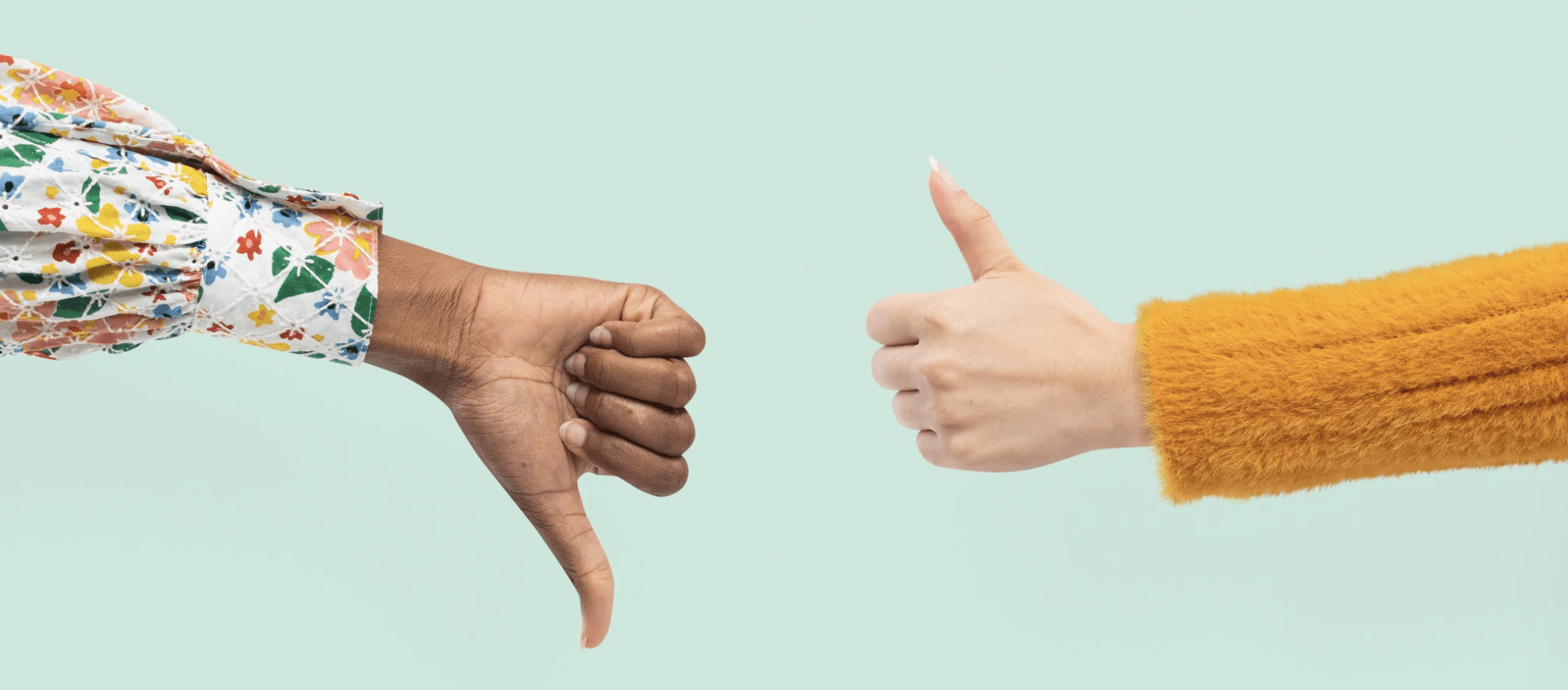This year’s Websummit was again a success with many relevant topics, one of the most controversial was that of fake news. Among the various cases, many people were outraged that Donald Trump won the election backed by fake news, apparently promoted by the Russians. Is it news to anyone that politicians lie and campaigns are parallel realities?
Media manipulation is not even new. The question is who is the best manipulator. More recent cases? Catalonia’s independence and Brexit. Televisions interfering in the destinies of the Portuguese banks?
More seriously, I am concerned that social networks are the new courts, I would even say the new executioners. Any situation framed correctly, moves people and immediately brings together millions of activists. Look at all the cases of sexual abuse that have come to light in recent months in the American film industry. So far so good, the problem is that the facts are not investigated and not followed up (we move on to the new case of the day without taking the previous one to its logical conclusion). These people should be tried and when found guilty serve their sentences, but that is up to the justice system, not the social networks. And if it is the case of false accusations, let the people who have raised these accusations be punished as well, because it has also never been so easy to ruin someone’s life and reputation without any kind of consequences.
The media world has changed, the driver is still the same, advertising revenue. But before, advertising was more expensive and the media was less. As a consequence, today there are less revenues and less profits, therefore less salaries and less training. News used to be at most daily, nowadays 10 minutes later it’s already old, and that doesn’t sell advertising. Journalists who are less prepared and don’t have time to check the veracity of the news result in lower quality information.
On the other hand, there is the democratization of access to the publication of information, which can be good or bad. Anyone can access millions (not as easy as you think or everyone would). A complaint is that the news is fake, or that the same old same old can’t do it like they used to? For some reason the media is the fourth power.
The system doesn’t work, but it never has, and now it has changed. And when it changes there is a period of adaptation. The latest invention is filters on social networks (human and digital) that are starting to be implemented on Facebook, for example. Is this a good idea? We complain about the powers of these companies, but are we giving them the power to decide what is right or true? Historically, this is called CENSORSHIP, and the results have not been positive.
It is proposed that social networks should be controlled. I agree, in the same way that the traditional media should be made responsible, as well as all the people who publish. For example through anti-defamation laws that actually work.
This is an important issue that society must analyze and act upon. The solution is very much through education, teaching people to collect and filter information, and to think for themselves (which is also not convenient for everyone). The same legislators have to understand in depth what is going on, or the laws will fall by the wayside.
“I am at odds with you, but I will fight to the death for your right to say it,” Voltaire (actually it is by Evelyn Hall, but who cares!)

